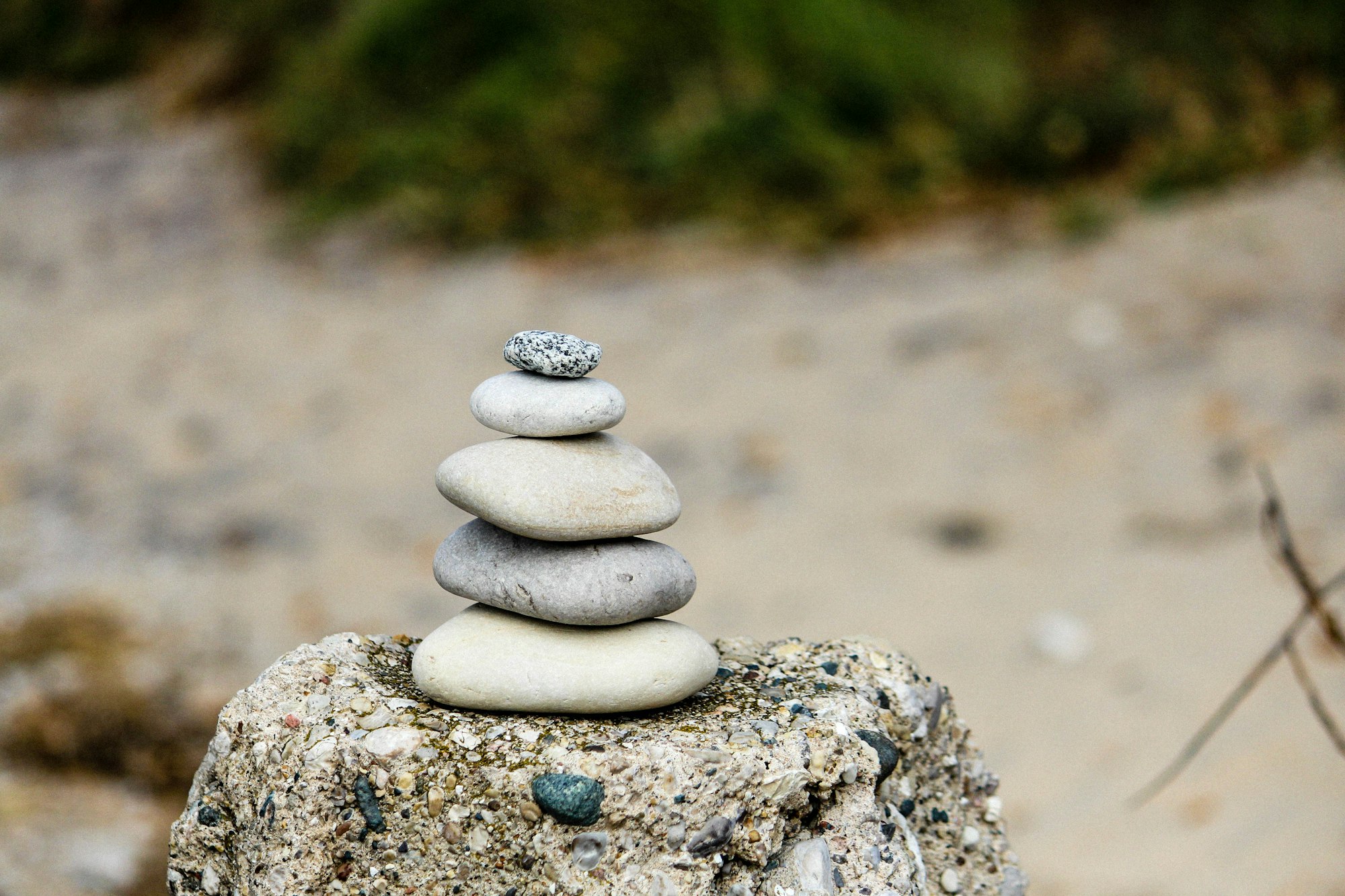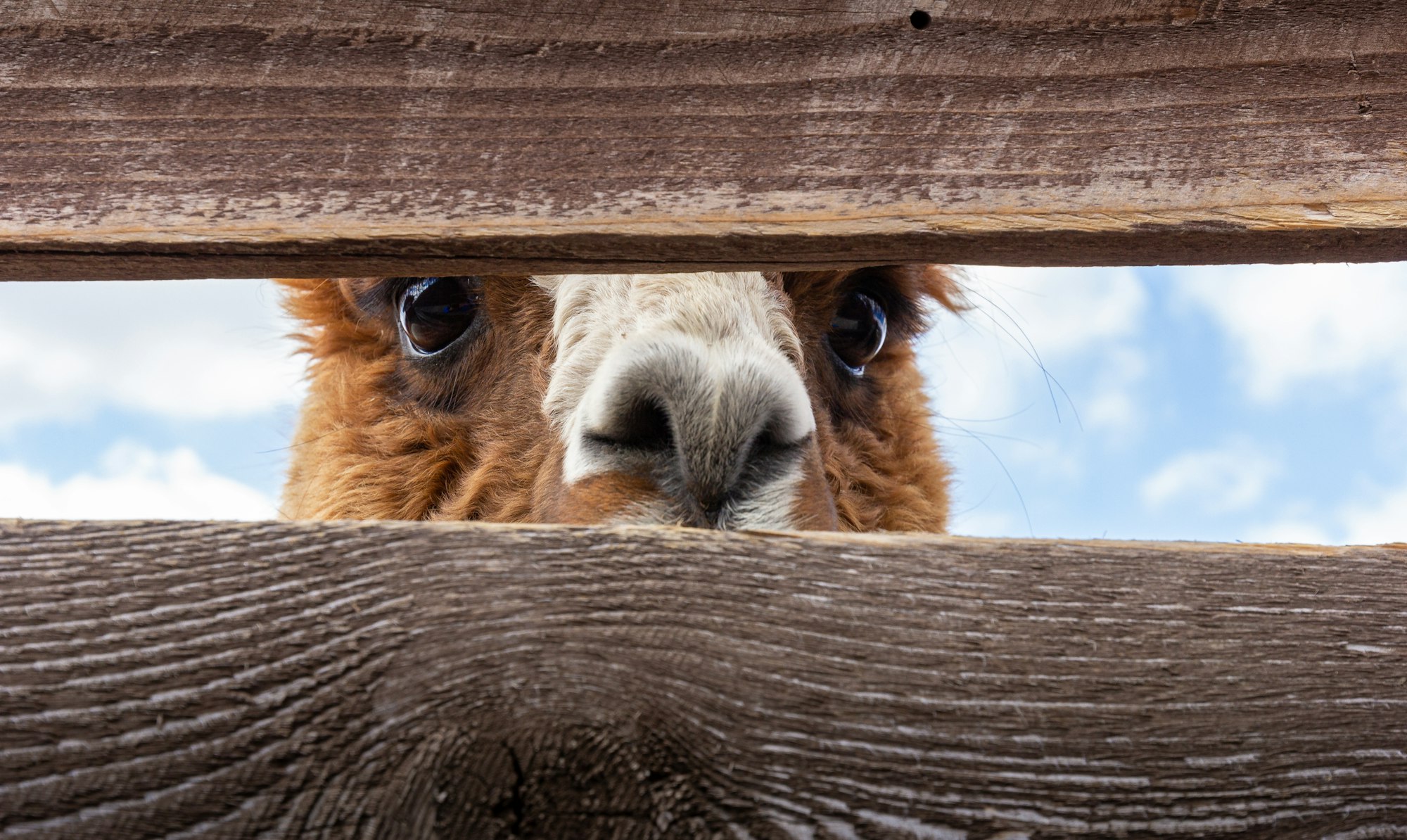What I do to remember that every student has a story

Last week I had the great pleasure of presenting the keynote at Grand Valley State University's annual Teaching and Learning with Technology Symposium. I gave the keynote jointly with my friend and colleague Matt Boelkins. We were asked to give the keynote together, and when Matt and I started discussing how we might do it, we quickly decided on a format: We'd just ask each other questions, and engage in a semi-scripted dialogue. Matt and I talk a lot about teaching and learning around the department, and it just seemed natural to write up some questions and let others in on the conversation.
The conversation we wanted to have, which is something important to each of us, is not just about using technology in teaching but using technology to accentuate the humanity of the students in our classes. That's why the talk was called How can technology extend the humanity of learners? A dialogue.
I've put the whole keynote with the Q&A session up over on my speaker's page, but over the next week I'm going to post the parts of the talk that I gave. In today's post, I am answering the question:
What do you do to remember that every student is a human being, and therefore has a story?
The simplest way I know to remind myself that students are human beings is just to take a look in the mirror.
When I was a student, I didn’t have my act together at all. As an undergraduate and even as a graduate student I was a mess. I was emotionally unstable, not very mature, involved with things I should not have been involved with, uninvolved with things I should have been involved with, and spending too much time and energy on pursuits that ultimately didn’t matter. I wasted a lot of time in college and graduate school chasing the wrong things in the wrong amounts, and I suffered from the consequences of those choices as well as from situations that were out of my control.
So every time I get a student whose behavior tempts me to think of them as a loser -- they don’t come to class, or they don’t participate, or they don’t turn stuff in on time and when they do it’s not very good, or they act immaturely or unprofessionally, and so on —- I just try to remember that my behavior was at least as bad as theirs, if not worse. And I try to remember that every student I have, is fighting a battle in their lives that I have no idea about. Every student has a back story, current struggles, past experiences, and relationships with other people all of which sum up to make them who they are, in the here and now.
When I look at students and what they do, I try to remember myself back when I was in their situation. That humanity of students -- their failings, weaknesses, and blind spots -- sometimes holds them back. It certainly held me back. But it is also part of the story, and the story is still unfolding, and maybe one day they’ll be standing up on a stage somewhere as a faculty member at a great university talking about how they made it to where they are today despite their stupid behavior, and in no small part due to the kindness, mercy, and patience of the professors they had.
I can be one of those professors or I can choose the comfortable path of treating students as objects. It's my choice.
Another thing I do is look at my kids. My approach to being a professor changed radically when we adopted our first child back 12 years ago. Suddenly the students that I had were no longer lay figures or abstractions —- they were people, just like my new daughter. It suddenly seemed incredible to me that one day she would grow up to be a college student, capable of going to class and at least making a mediocre effort on college-level homework. To have a kid go from unable to walk or feed themselves or speak English, to being good enough to gain entry into a great university, suddenly just seemed miraculous. It made me want to go find the parents of my students and meet them. And It made me keenly aware of the epic stories that are behind each student’s rise from infant to college student. That rise really is miraculous and you cannot just get into a college without having one of those stories unfold. Doesn’t it make you want to know how each student got here? When I think about it, it does for me.
So I remind myself about the humanity of students by contemplating my own failures as a student, and how the kindness of others helped me overcome those failures.


